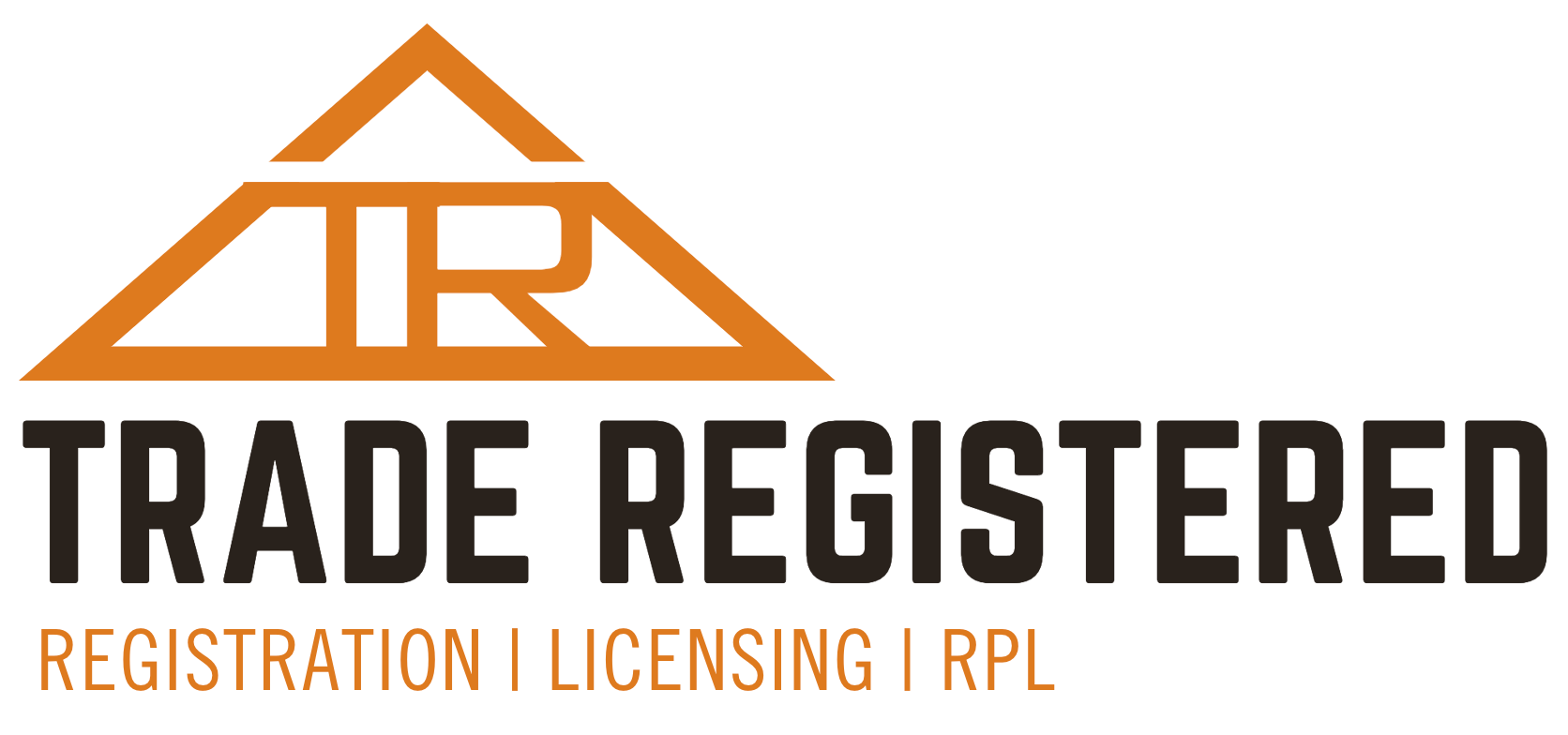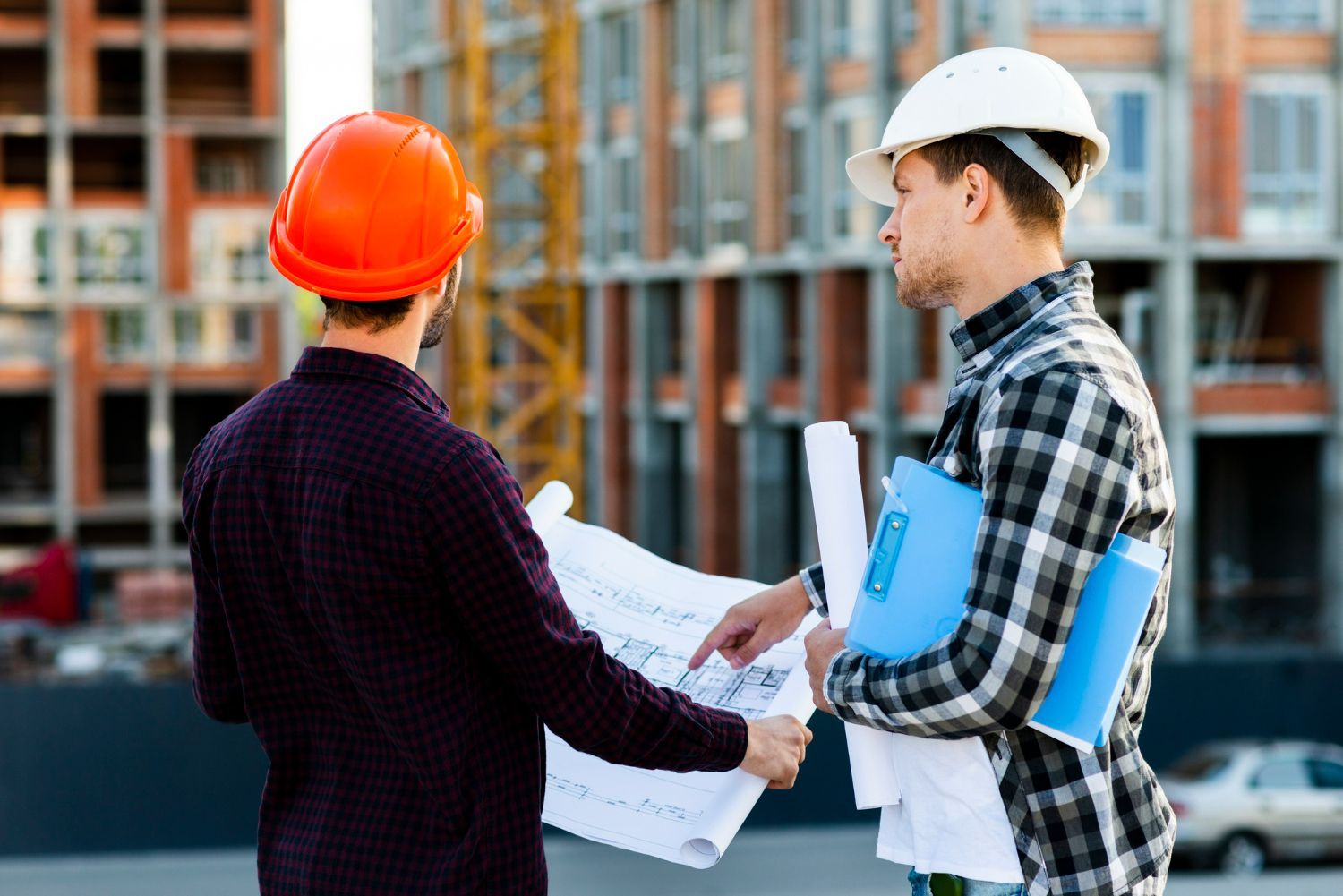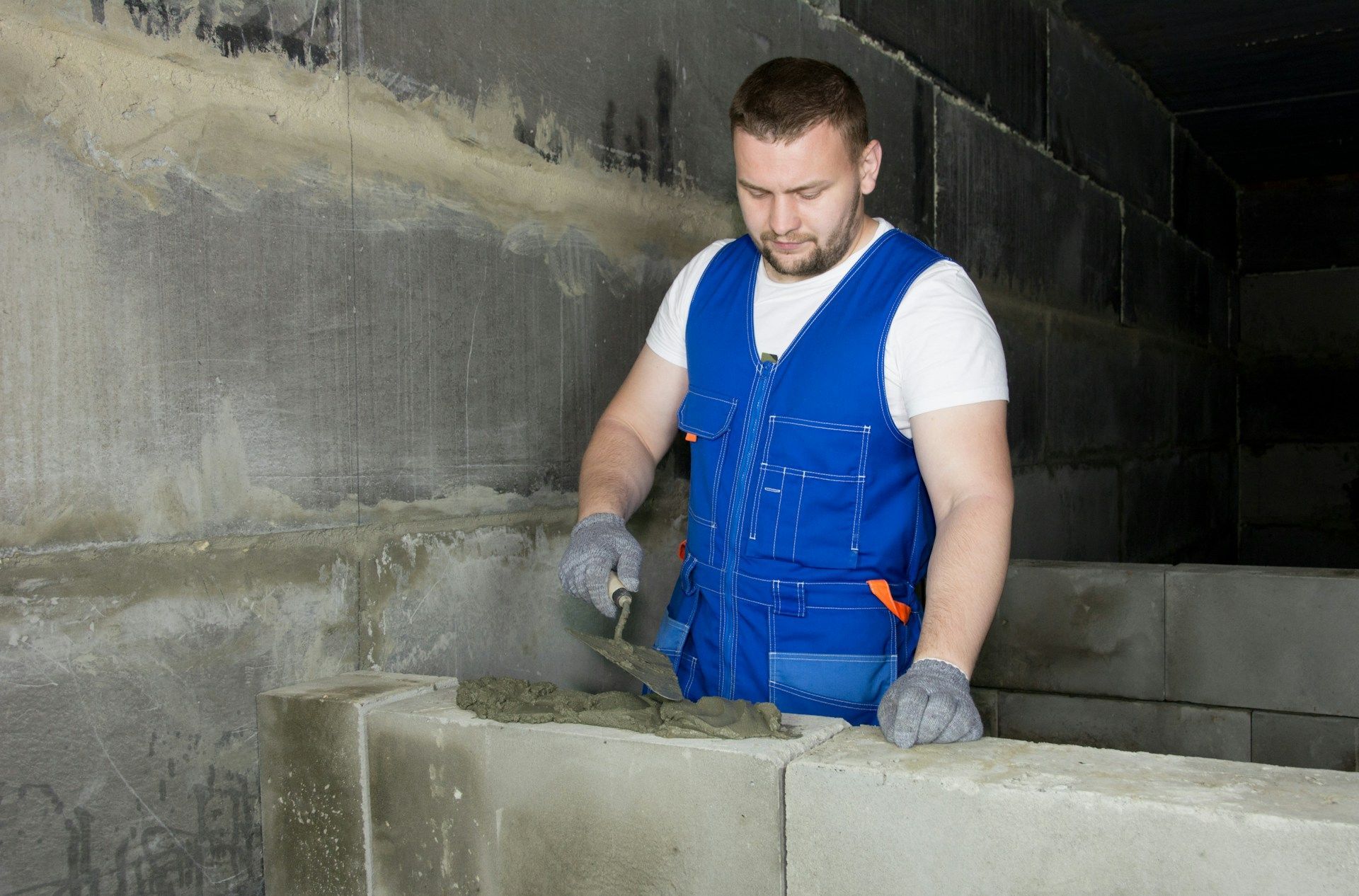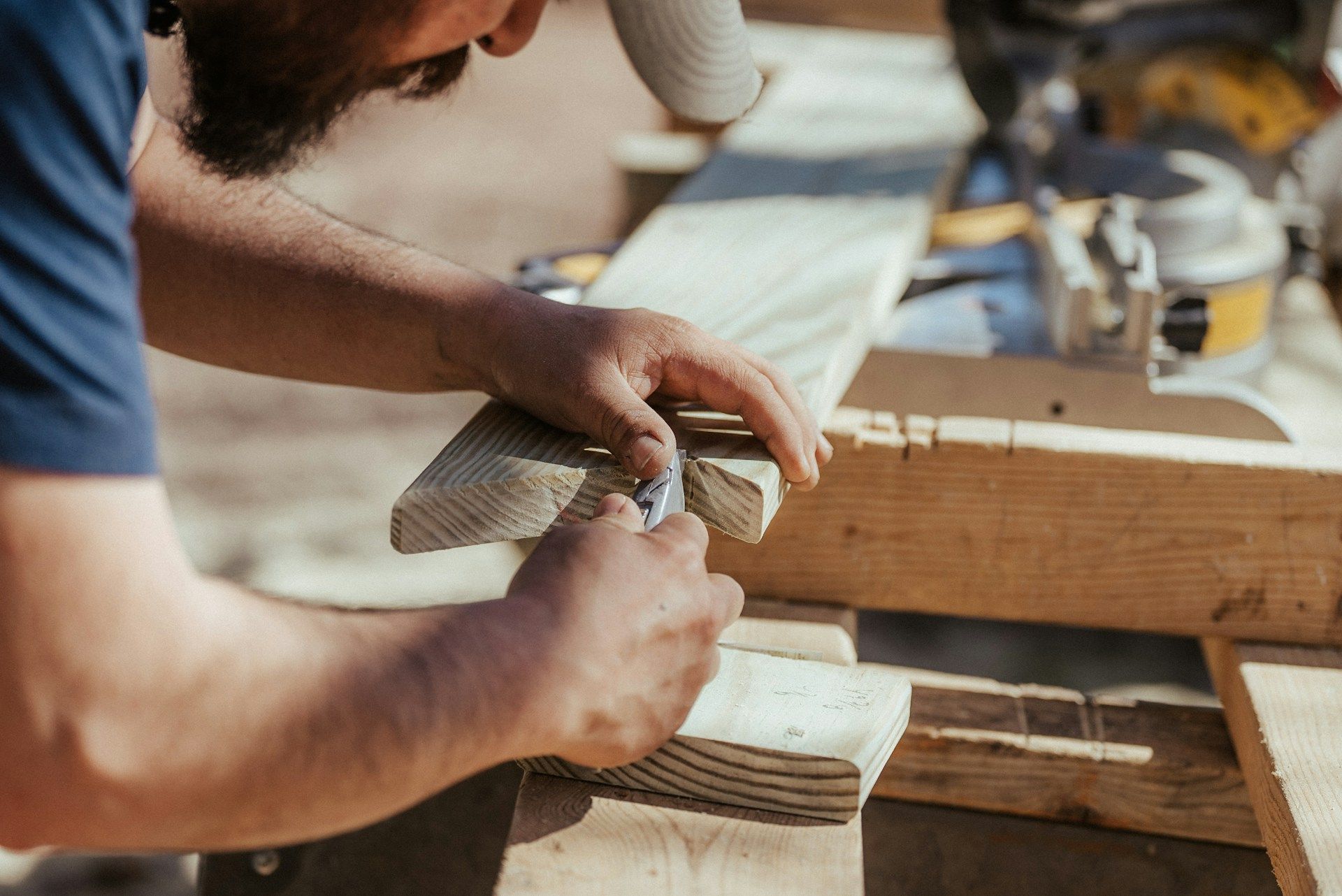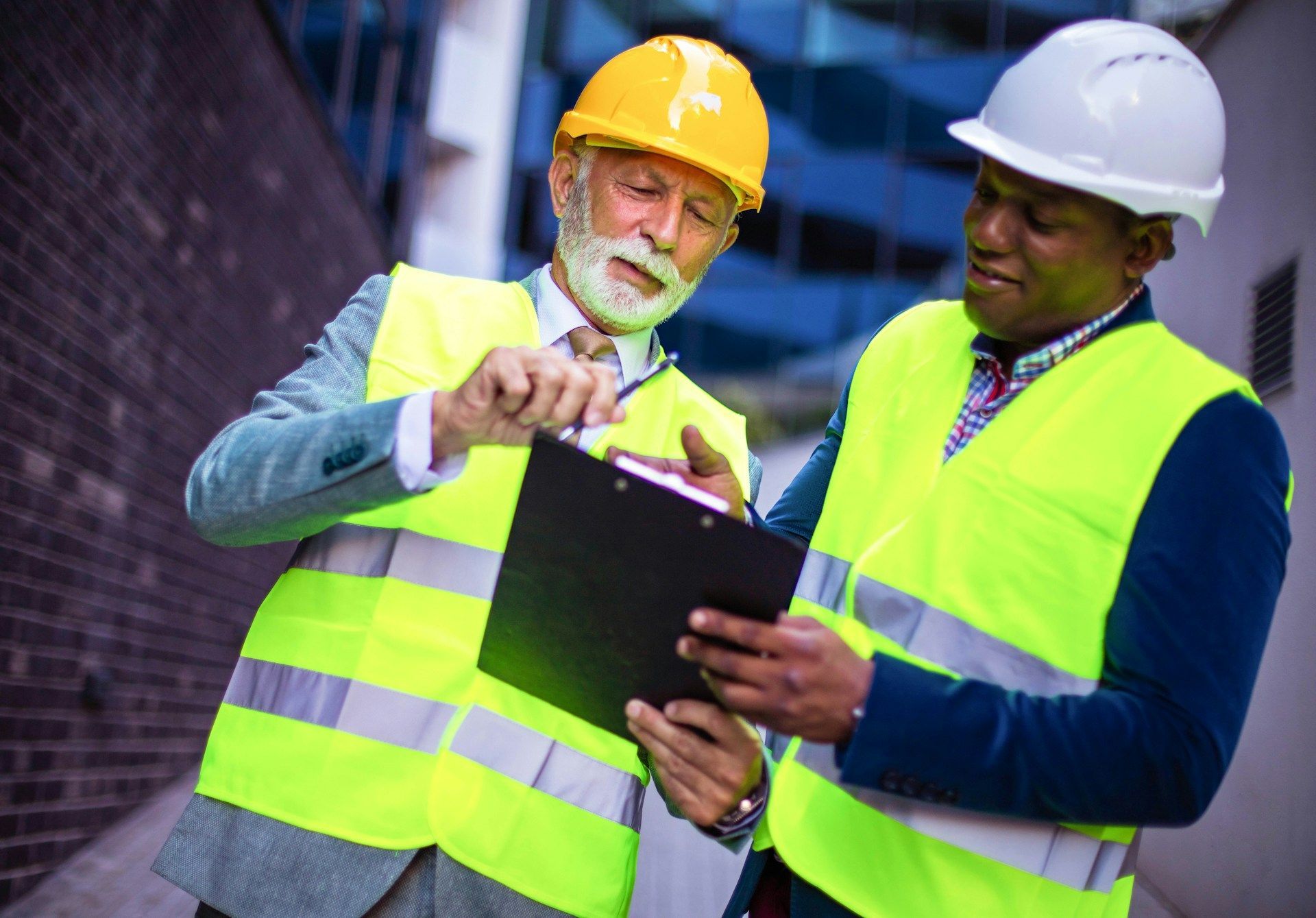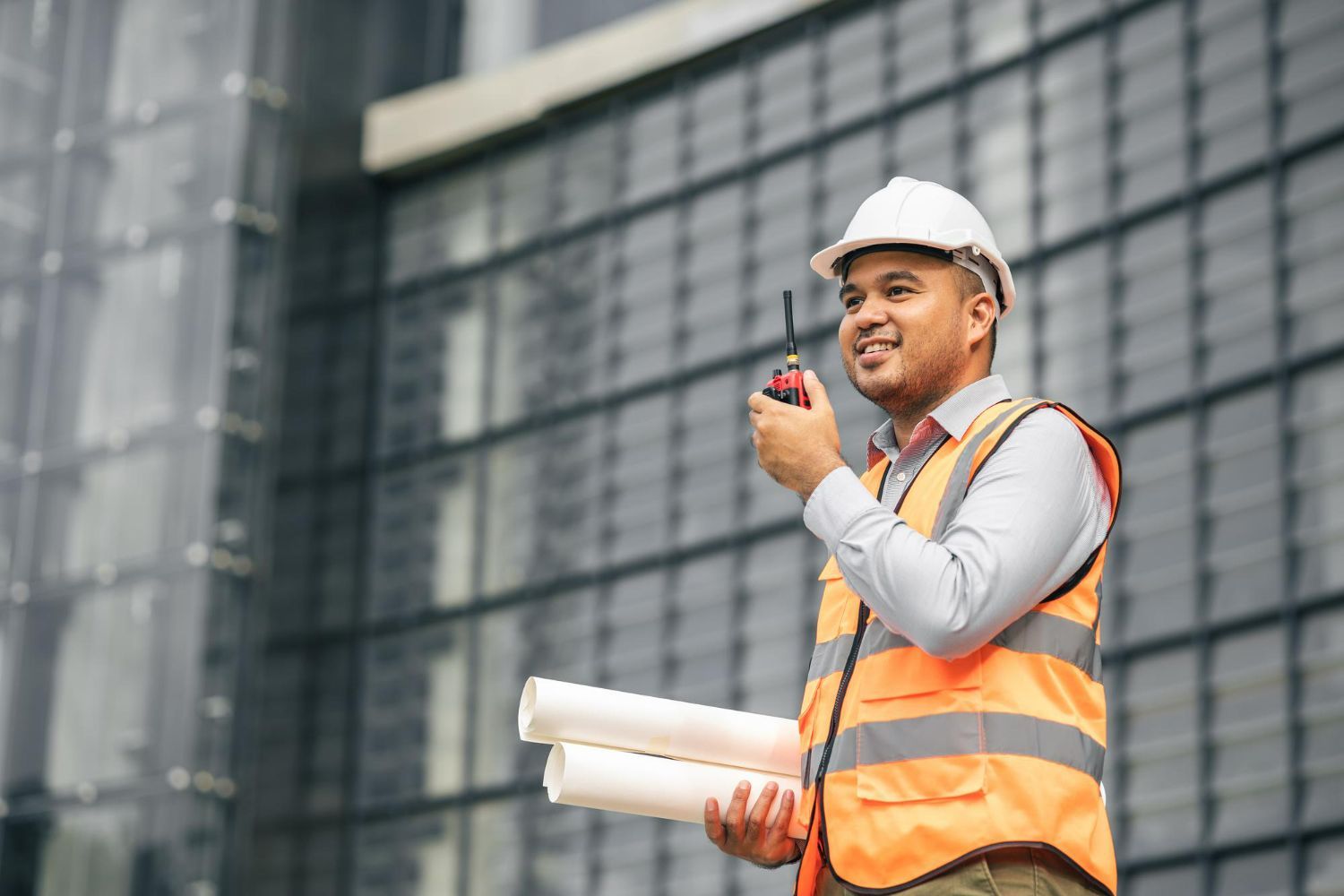Builders Licensing: Key Things You Need to Know
Getting your builder's licence is an important step if you want to advance in the construction industry. A builder's licence allows you to take on more projects, follow industry regulations, and showcase your skill level. Whether you are new to the field or have years of experience, understanding what it takes to get licensed is essential for your career growth.
There are different types of builder's licences you might need, depending on the scope of work you plan to undertake. Knowing which licence suits your needs is the first step. Each type of licence has its own set of rules and qualifications, so it is crucial to understand these differences.
Once you know what type of licence you need, the next step is to meet the eligibility requirements. This includes having enough work experience, completing necessary training or courses, and preparing for any exams. With the right information and preparation, the process becomes much simpler.
After you’ve met the requirements and gathered your documents, you can start the application process. This step-by-step guide will help you navigate through filling out forms, submitting your documents, and any fees you need to pay. So, let's dive into what you need to know to get your builder's licence and make your construction career soar.
Understanding Different Types of Builder's Licences
There are several types of builder's licences, and choosing the right one depends on the kind of work you want to do. For example, a General Builders Licence allows you to manage and supervise construction work on residential, commercial, or industrial projects. This licence is suitable if you plan to work on a variety of building types.
If you specialise in a particular area, like renovations or extensions, you might need a specialised licence. For instance, a Residential Builders Licence lets you work specifically on houses and residential buildings. It covers tasks like building new homes, adding rooms, and making significant alterations.
Another type of licence is the Commercial Builders Licence, which is for larger-scale projects like office buildings, shopping centres, and warehouses. This licence has different requirements since commercial projects often involve more complex construction work and higher safety standards.
Knowing which type of licence you need helps you prepare better. Each licence has its eligibility criteria and application process, so it is important to choose the one that fits your career goals. By understanding the different options, you can decide which licence best suits your skills and aspirations.
Eligibility and Requirements for Getting a Licence
To get a builder's licence, you need to meet certain eligibility requirements. One of the key requirements is having enough work experience. Most licences require you to have several years of hands-on experience in the construction industry. This shows that you have practical knowledge and skills needed for building work.
Education and training are also important. You may need to complete specific courses or have formal qualifications related to construction. These courses cover important topics like building codes, safety regulations, and project management. Having the right education helps ensure you understand all aspects of building work.
In some cases, you may need to pass an exam. The exam tests your knowledge of construction practices, safety standards, and building laws. Studying for the exam and understanding the material can greatly improve your chances of passing and getting your licence.
Other required documents include proof of identity, references from previous employers, and evidence of any completed training. Gathering all these documents in advance makes the application process easier. Being well-prepared helps you meet all the eligibility requirements and increases your chances of successfully getting your builder's licence.
The Application Process for a Builders Licence
Applying for a builder's licence involves several steps, but with the right preparation, it's manageable. First, gather all the necessary documents. These typically include proof of work experience, your qualifications, and any identification documents. Make sure everything is up-to-date and organised.
Next, you'll need to fill out the application form. This can usually be done online or through a paper application. The form will ask for your personal details, work history, and qualifications. Take your time to fill it out accurately, as mistakes can delay the process.
Once your application form is complete, you'll need to pay an application fee. The amount can vary depending on your location and the type of licence you are applying for. Make sure to keep a receipt of your payment as proof.
After submitting your application and paying the fee, there may be a waiting period while your application is reviewed. During this time, it's a good idea to prepare for any upcoming exams. Review study materials and take practice tests to boost your confidence.
Finally, if an exam is required, make sure to schedule it and be on time. Passing the exam is the last major step before receiving your licence. Once you pass, you’ll be notified and can expect your official licence in the mail.
Maintaining and Renewing Your Licence
Once you have your builder's licence, maintaining it is crucial to continue working legally. A key part of this is staying updated with any changes in building codes and regulations. Continuous education and training can help you keep your knowledge current and ensure you comply with all standards.
Your builder's licence will need to be renewed periodically. The renewal period varies, but it is often every few years. Mark the date on your calendar and start the renewal process early to avoid any disruptions to your work. You will usually need to fill out a renewal form, pay a fee, and possibly show proof of continued education or professional development.
Keeping accurate records of your work and any further education or training is essential. These records are often required for renewal and can also help if any issues arise with your licence. Organise these documents in a safe place where you can easily access them when needed.
Additionally, staying insured is important for maintaining your licence. Make sure your insurance policies are current and cover all aspects of your work. This not only helps in maintaining your licence but also protects you and your clients.
By staying proactive in maintaining and renewing your licence, you can avoid any legal issues and continue to grow your career in construction.
Conclusion
Understanding the different types of builder's licences and the steps to get one is essential for advancing your career in construction. By knowing what is required, you can prepare better and make the application process smoother. Remember to keep your documents organised, stay informed about any changes in regulations, and meet all eligibility requirements. Regularly renewing your licence and maintaining your skills will help you stay competitive and confident in your work.
If you're ready to take the next step in your construction career with a builder's licence, let Trade Registered help you through the process. We offer expert guidance and support to ensure you meet all the requirements and successfully obtain your builders licence in Victoria. Contact Trade Registered today to get started on your path to a successful and rewarding construction career.

